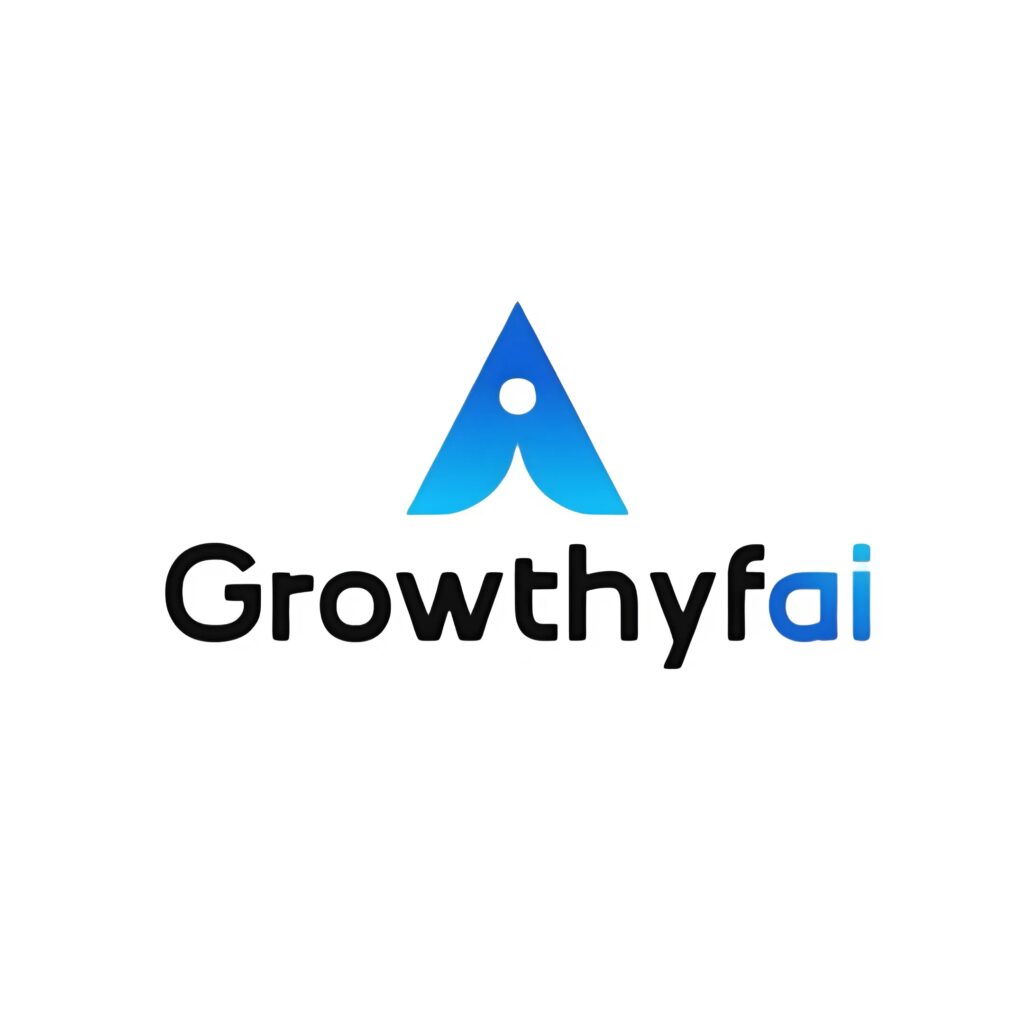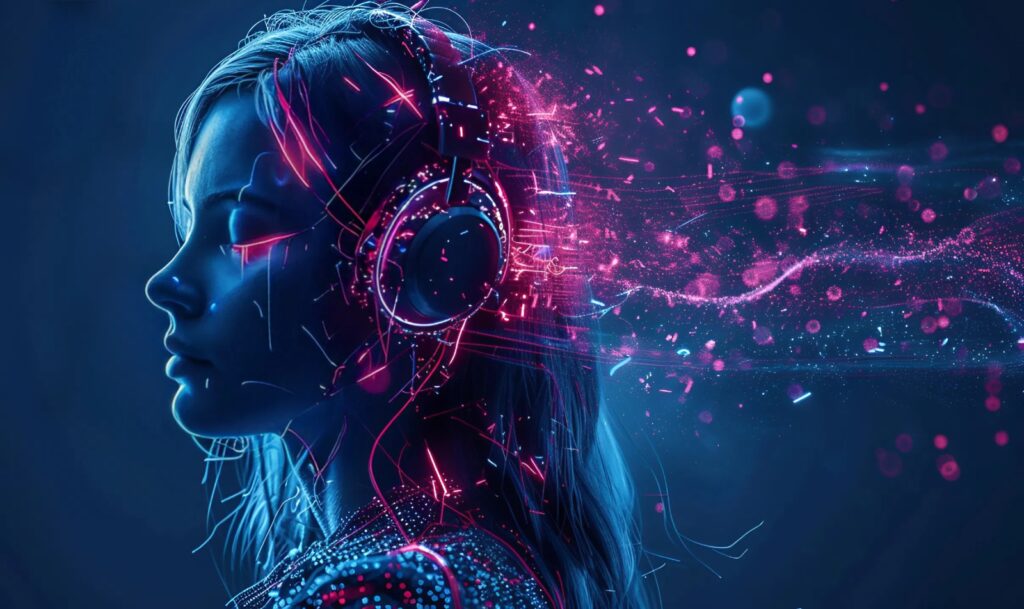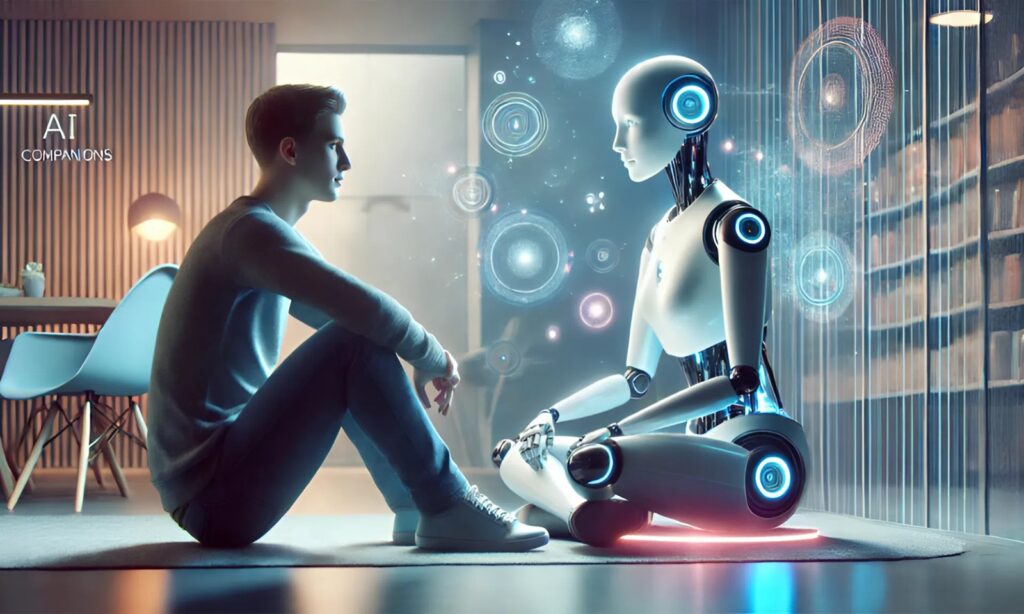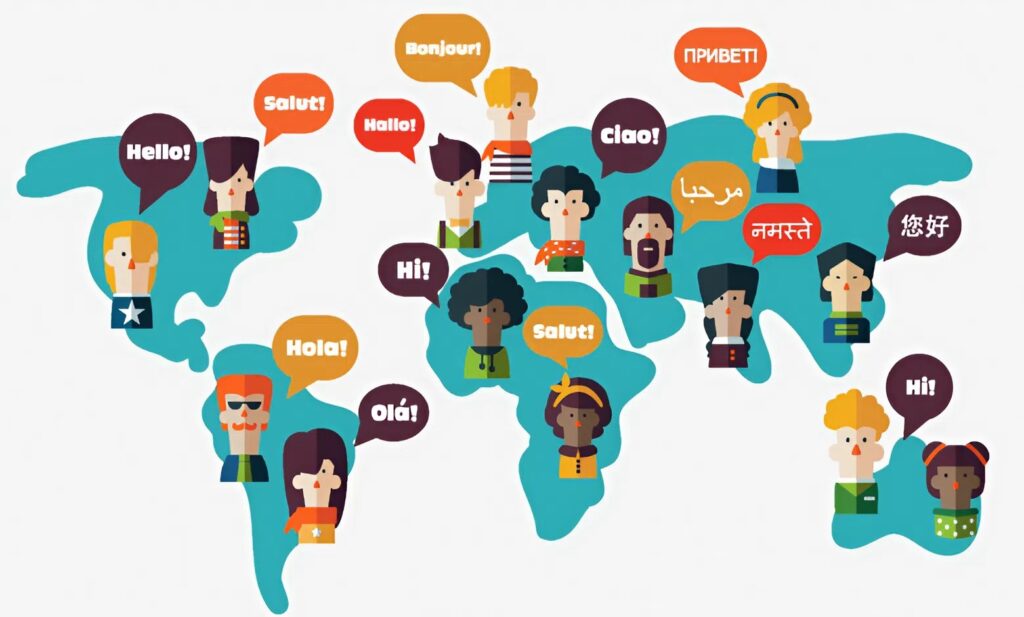AI-Powered Companions: Revolutionizing Mental Health Support for Gen Z
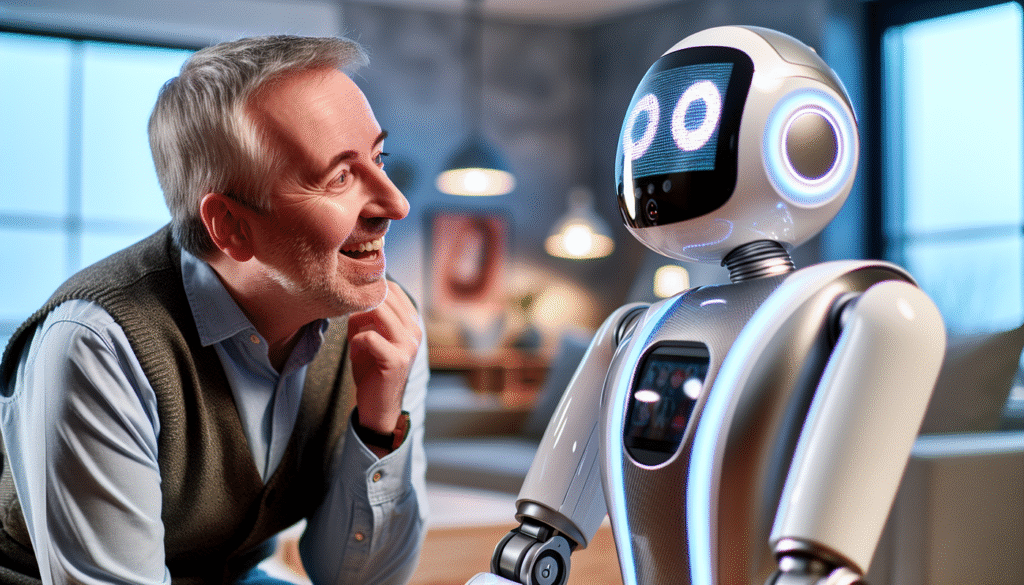

AI-Powered Companions: Revolutionizing Mental Health Support for Gen Z
In today’s fast-paced digital age, mental health presents a growing concern globally, especially among Generation Z. This tech-savvy generation faces unique challenges, ranging from social media pressures to academic stress. As these challenges multiply, there’s an increasing need for accessible, effective mental health resources. Enter AI-powered companions—a revolutionary tool transforming the mental health support landscape for Gen Z.
Understanding the Mental Health Landscape of Gen Z
Generation Z, encompassing individuals born approximately between 1997 and 2012, is distinctively different from previous generations in their mental health needs and challenges. They have grown up surrounded by technology, which, while offering exciting opportunities, also introduces unique mental stressors. Social media, for example, is a double-edged sword; it serves as a platform for self-expression but can also foster unrealistic comparisons and cyberbullying.
This generation is significantly more likely to report mental health issues. Factors like academic pressure, worries about the future, and new societal norms all contribute to this increase. According to studies, anxiety and depression are prevalent among Gen Z, necessitating innovative approaches to mental health support—approaches that can keep pace with their digital lifestyles.
The Emergence of AI in Mental Healthcare
Artificial Intelligence (AI) is making profound inroads into various sectors, and healthcare is no exception. Traditionally, mental health care involved face-to-face interactions with therapists or counselors—a system that, while effective, is not always accessible or affordable for everyone. AI, with its capabilities in natural language processing and machine learning, is bridging this gap by providing scalable, personalized mental health care solutions.
AI-powered companions or chatbots offer constant availability, creating an opportunity for immediate support when the need arises. Their design allows them to engage in conversations that help users express thoughts and feelings, potentially alleviating stress and anxiety.

How AI-Powered Companions Work
AI-powered companions use advanced algorithms that mimic human-like interactions. These tools are trained with vast databases of psychological principles and therapeutic techniques, enabling them to analyze users’ language patterns and provide appropriate, empathetic responses. They can offer exercises in mindfulness, cognitive behavioral therapy (CBT) strategies, and even mood tracking functionalities.
For Gen Z, who prefer texting over talking, these virtual companions offer an attractive and familiar communication mode. Accessible through smartphones, these AI companions extend the reach of mental health services, ensuring that help is just a tap away.
Examples of AI-Powered Companions Transforming Mental Health Support
Several AI-powered mental health companions have gained traction among Gen Z users. For instance, Woebot utilizes conversational AI to offer CBT-based strategies, helping users challenge negative thought patterns and cultivate healthier thinking habits. This user-friendly tool acts as a personal therapist, guiding users through mental health exercises and providing support round-the-clock.
Another example is Wysa, an AI chatbot that uses evidence-based therapeutic techniques to assist users in managing stress, anxiety, and depression. It offers a safe space to talk about feelings, providing non-judgmental support tailored to individual needs.
Moreover, Replika functions not only as a mental health resource but also as a friend to chat with. It learns from user interactions, providing increasingly personalized responses and even suggesting activities that align with users’ interests.
Integrating AI Companions into Gen Z’s Routine
Using AI-powered companions fits seamlessly into Gen Z’s digital routines. Whether they seek immediate support for anxiety before a big exam, or ongoing self-care practices, these virtual companions cater to diverse needs. Importantly, AI-powered tools remove some of the stigmas associated with seeking mental health support, as users can engage anonymously from the comfort of their homes.
However, integrating AI companions does require considerations of privacy and data security. Providers must ensure that user information is protected and comply with regulations such as GDPR. Furthermore, while AI companions provide valuable support, they should complement, not replace, human therapists, especially in cases of severe mental health conditions.
Challenges and the Future of AI in Mental Health
Despite AI’s transformational role, challenges remain. AI companions must continuously improve their emotional intelligence to better understand nuanced human emotions. Additionally, there is a need for ongoing research to ensure these tools are doing no harm and are consistently effective.
Looking ahead, the integration of AI-powered companions with other technological advancements, such as virtual reality (VR), can further revolutionize mental health support. Imagine a virtual space where AI not only converses with users but also immerses them in calming, therapeutic environments.
Conclusion
AI-powered companions represent a significant advancement in providing mental health support to Gen Z. They offer immediate, accessible, and personalized support, fitting seamlessly into the digital landscape this generation navigates daily. While challenges remain, the potential benefits of AI in mental health are profound, marking an exciting frontier in healthcare innovation. By blending technology with empathetic care, AI companions can ultimately foster a healthier, more resilient Generation Z.

